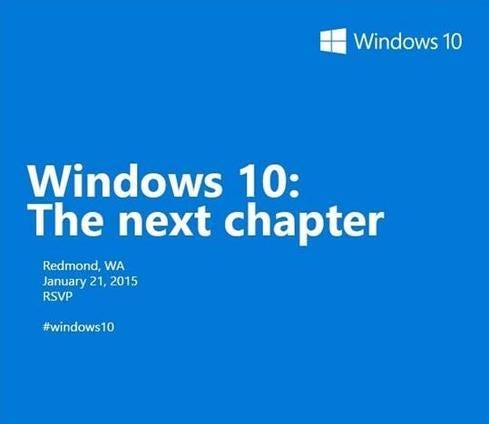Cablevision's Freewheel Promises Inexpensive WiFi CallingCablevision's Freewheel Promises Inexpensive WiFi Calling
By bypassing cellular networks, Cablevision aims to woo budget-conscious mobile customers.


Windows 10: 7 Predictions Of What's Next
Windows 10: 7 Predictions Of What's Next (Click image for larger view and slideshow.)
Cablevision Systems Corporation will begin offering a low-cost WiFi-based smartphone service next month that aims to take advantage of the popularity and ubiquity of WiFi hotspots.
Freewheel, announced Monday, will be available starting in February for $30 per month, or $10 per month for Cablevision Optimum Online customers. Cablevision claims that, for its existing customers, the pricing of its phone service is about 80% less than the cost of a $60-per-month Single Line Plan with 2GB of data from Verizon Wireless, and 50% less for new customers.
The service, initially available exclusively on the Motorola Moto G smartphone, provides subscribers in the New York metropolitan area with unlimited data, talk, and text through Cablevision's network of 1.1 million Optimum WiFi Hotspots and other open-network access points.
Freewheel customers outside this region will have to seek out accessible WiFi nodes to send or receive calls or messages; cellular coverage won't matter. Cablevision suggests the service is best for people who:
operate in environments where WiFi is common;
exceed mobile data plan limits or can't afford to exceed them;
live in areas with poor cellular reception;
wish to observe budget limitations for themselves or dependents; and/or
don't want lengthy contractual commitments.
Cable providers have been losing video subscribers to phone companies and satellite TV providers. In November 2014, Cablevision reported that it lost 56,000 video customers, 23,000 broadband customers, and 33,000 voice customers, compared to its Q3 2013. In November, Leichtman Research Group said the top pay-TV providers lost about 150,000 video customers during Q3 2014, compared to 25,000 during the same period a year earlier.
For many cable companies, the hope is to gain more broadband customers, which they have been doing. Cablevision has been building up its network of WiFi hotspots as a way to win customers away from telecom providers. And other cable providers like Comcast appear likely to pursue a similar plan.
According to Cisco, in the Unites States, 93% of all traffic associated with mobile and portable devices in 2013 was WiFi and 7% was cellular. Further, of the 93% of traffic that was WiFi, 8.7% was due to offload from country's mobile/cellular networks.
[ Check out what Google has planned for its new wireless service. Read Google's Wireless Service Taps WiFi and Cellular. ]
Adding further pressure on telecom companies, Google is reportedly preparing to launch a mobile service that utilizes the cellular networks of both T-Mobile and Sprint, as well as WiFi hotspots. Google already offers speedy fiber optic Internet service in a few markets and is experimenting with other forms of network access, such as Project Loon.
There's growing competition for customers willing to rely on WiFi as a route to affordable communications services. Republic Wireless, a mobile carrier, offers unlimited talk, text, and data over WiFi for only $5 per month. It also offers slightly more expensive plans with cellular network access. Then there's Scratch Wireless, where the primary cost is the phone ($99). Free voice, data, and texting over WiFi can be augmented with daily or monthly cellular network passes, for times when WiFi isn't available.
Attend Interop Las Vegas, the leading independent technology conference and expo series designed to inspire, inform, and connect the world's IT community. In 2015, look for all new programs, networking opportunities, and classes that will help you set your organization’s IT action plan. It happens April 27 to May 1. Register with Discount Code MPOIWK for $200 off Total Access & Conference Passes.
About the Author
You May Also Like






